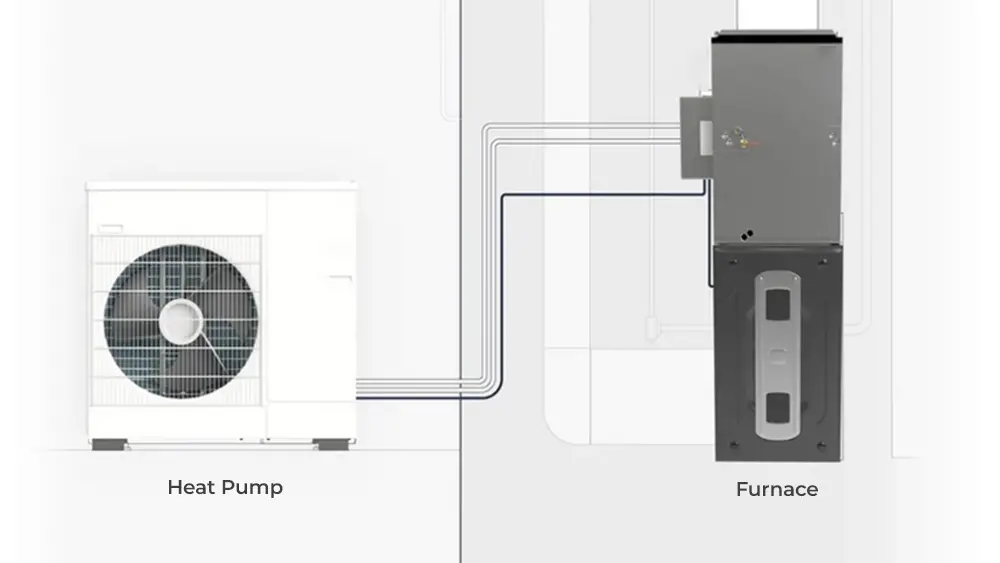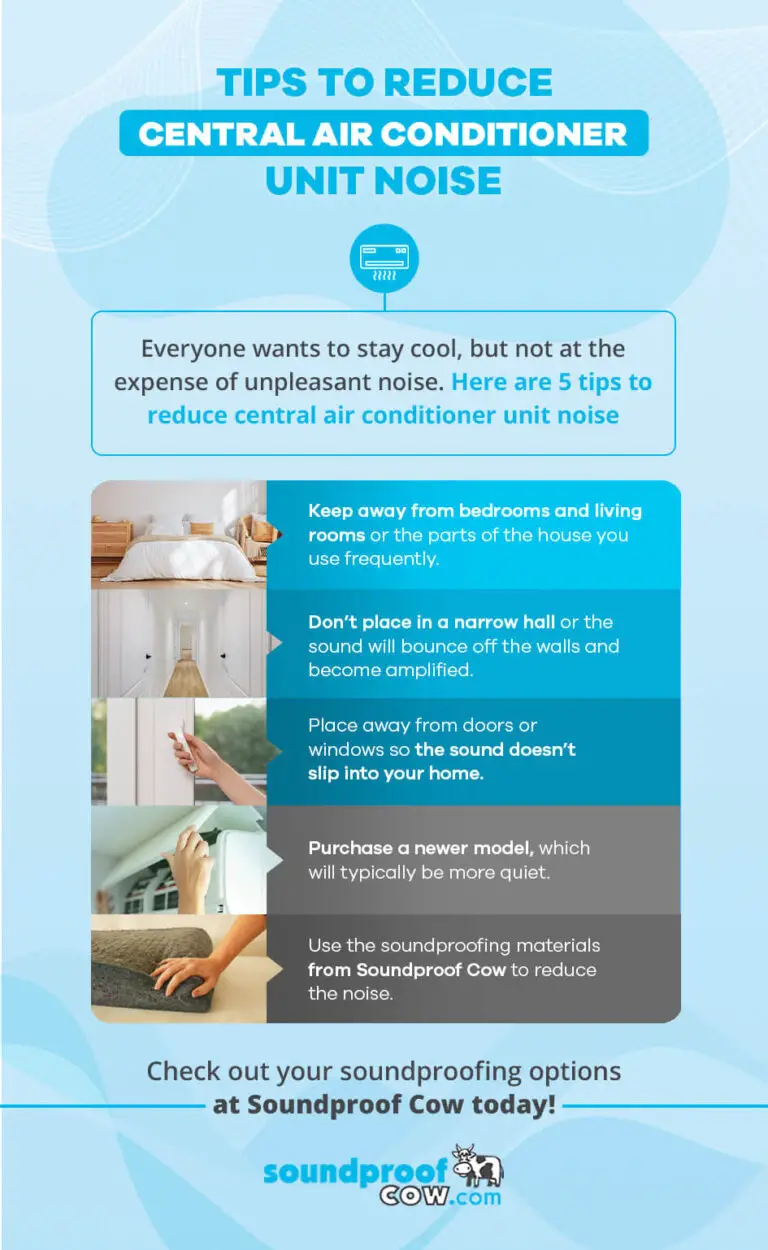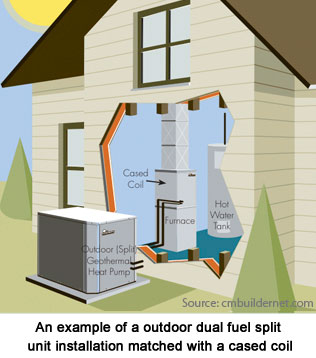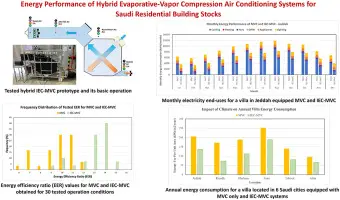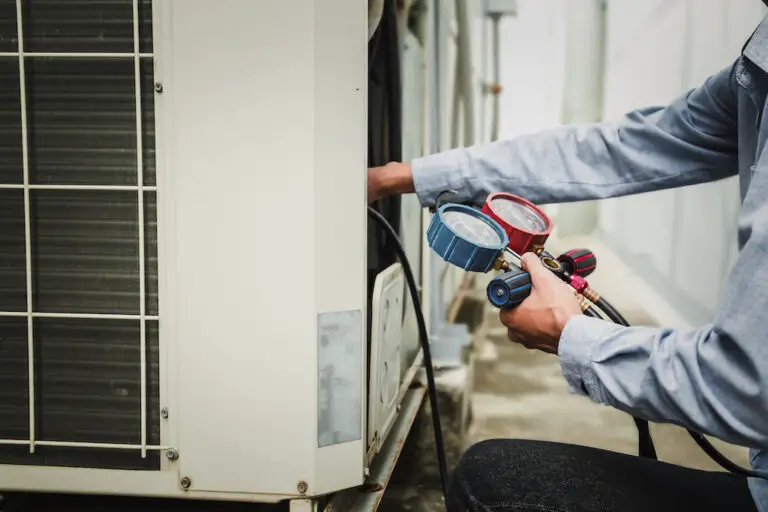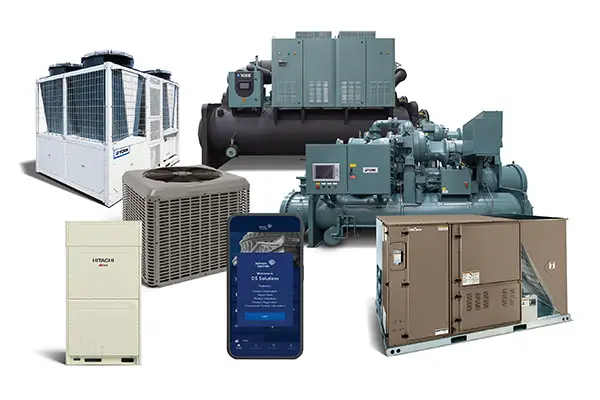Efficient Comfort: How Hybrid Air Conditioning Systems Balance Performance and Savings
When it comes to the comforts of home, few things are as vital as a functioning air conditioning system, especially in times of intense weather. However, the pursuit of cooling doesn’t have to come at the expense of environmental sustainability or a hefty electricity bill. Enter the hybrid air conditioning system – a balance of performance and savings that the modern homeowner and HVAC professional can truly appreciate. This blog post will explore how hybrid AC systems have redefined the cooling game, offering efficient operation without compromising on comfort.
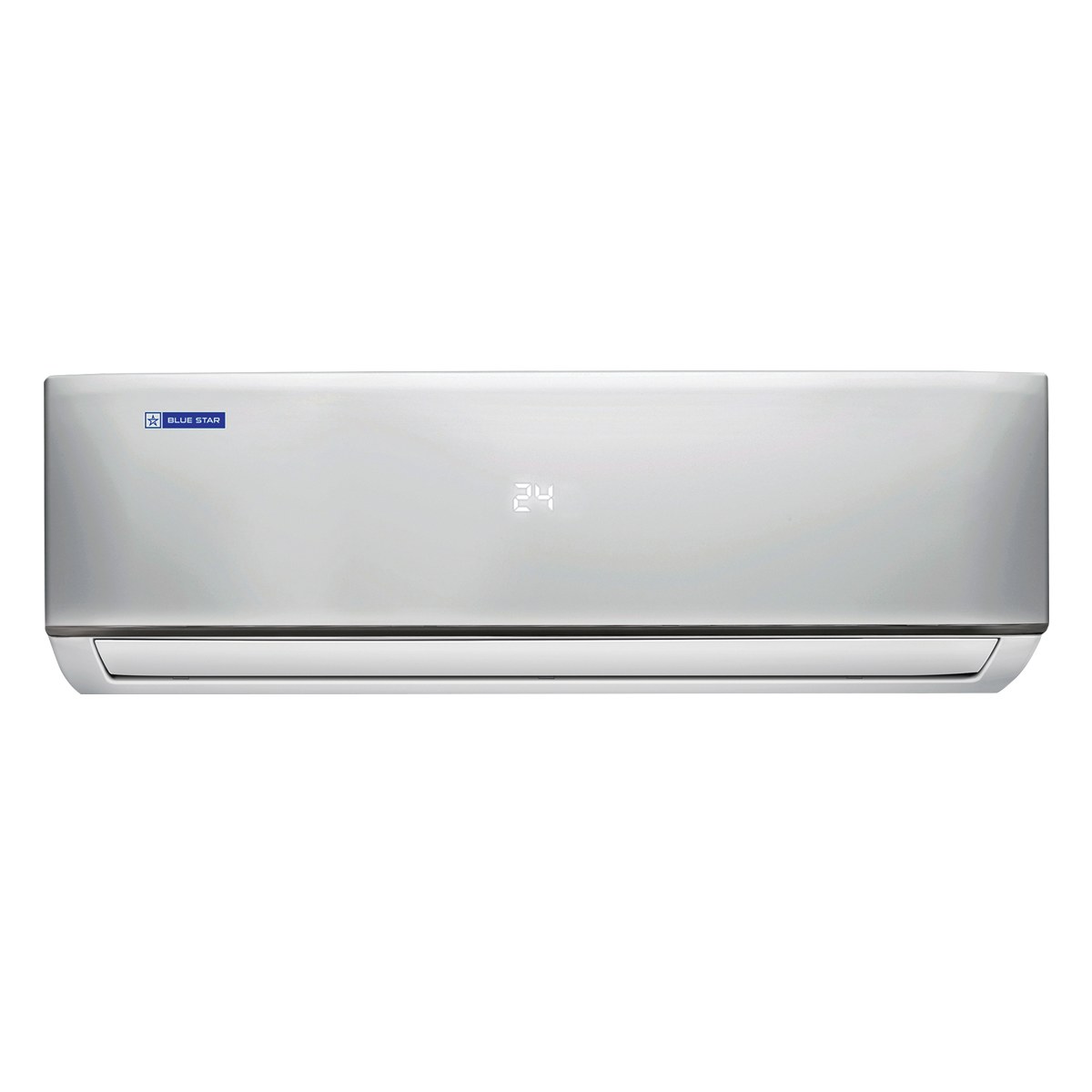
Understanding Hybrid Air Conditioning Systems
Hybrid air conditioning systems, also known as dual-fuel systems, are a cutting-edge approach to controlling indoor climate by utilizing both electric heat pumps and a furnace. The system automatically adjusts between electricity and gas, ensuring that the most efficient energy source is used, depending on the outside temperature and the desired indoor comfort level.
These systems are a blend of a traditional furnace and a modern heat pump, which is essentially an air conditioner that works in reverse to heat the home when needed. When temperatures fall below a certain set point, the system switches to the furnace, which can heat the home more effectively in severe cold conditions. In milder weather, the heat pump is more efficient, consuming less energy to maintain comfort.
Benefits for Homeowners
Energy Efficiency and Cost Savings
The most significant benefit of a hybrid air conditioning system for homeowners is its potential for significant energy savings. By intelligently choosing the most efficient energy source, the system minimizes the use of electricity during peak pricing hours or when electricity generation comes with a higher environmental cost, such as during heatwaves.
Homeowners can save not only on monthly energy bills but also on utility demand charges, as hybrid systems can reduce a property’s overall energy consumption footprint. This translates into a more environmentally conscious home and often access to utility company incentives and rebates aimed at promoting energy-efficient solutions.
Enhanced Comfort and Temperature Control
Beyond the financial aspects, hybrid air conditioning systems offer a level of comfort that is hard to match with traditional setups. By being sensitive to environmental conditions, they can maintain precise temperature settings in the home without the fluctuations that less adaptable systems may provide.
Additionally, the advanced control mechanisms used in hybrid systems allow for zoned cooling, which ensures different areas of the home can be maintained at different temperatures, enhancing personal comfort and accommodating varying needs within a household.
Advantages for HVAC Professionals
Flexibility in Installation
For HVAC professionals, hybrid systems present a new opportunity to customize solutions for their clients. The flexibility of these systems allows for more creative and context-specific installations – from urban apartments to suburban homes – without requiring significant modifications to existing infrastructure.
The ease of integration means HVAC technicians can offer hybrid AC as a retrofit to clients with traditional systems, providing an accessible pathway to the increased efficiency and comfort that homeowners now expect.
Opportunities for Upselling and Customer Satisfaction
By offering hybrid air conditioning systems, HVAC professionals can position themselves as forward-thinking and capable of meeting the evolving needs of homeowners. The opportunity to upsell a high-performing and efficient system also translates into higher revenue per customer while providing a product that aligns with current environmental and financial goals.
Satisfied customers who experience the improved performance of hybrid AC systems are likely to become brand advocates, spreading positive word-of-mouth and further driving business success.
Case Studies
Real-life examples often serve as the best testament to the benefits of a product. There are numerous case studies where hybrid air conditioning systems have been successfully implemented, leading to reduced energy consumption, lower costs, and happier homeowners.
In one instance, a homeowner in a region that experiences distinct seasonal changes noticed a dramatic reduction in their energy bills after switching to a hybrid system that automatically switched to gas during the coldest months. The initial investment was quickly recouped through savings, and the system significantly added to the overall value and efficiency of the home.
In another example, a large residence with varying cooling needs in different areas benefited from the enhanced zone cooling capability of a hybrid AC system. This led to a more comfortable living environment, better energy conservation, and increased control for the homeowner over their indoor climate.
![Helicopter delivering a rooftop HVAC unit [03]](https://manisaescort.site/wp-content/uploads/2024/03/9718240309_256f98d397_b.jpg)
Considerations for Implementation
Factors to Consider Before Upgrading to a Hybrid System
While the prospect of implementing a hybrid air conditioning system is exciting, it’s important for homeowners to assess whether such a system is the right fit for their property and needs. Key factors include the home’s size and layout, geographical location, and the regularity of extreme weather events.
It’s also crucial to consider the upfront costs associated with installing a hybrid system, although these are often offset by long-term savings. Homeowners should conduct a cost-benefit analysis and consult with HVAC professionals who can provide tailored recommendations.
Maintenance Requirements and Cost Considerations
Like any complex system, a hybrid AC setup requires regular maintenance to ensure its longevity and continued efficiency. Homeowners should be aware of maintenance tasks, such as changing filters, clearing drain lines, and scheduling professional servicing at least twice a year.
It’s also essential to consider the cost of repairs or replacements, should they be necessary. Working with a reputable HVAC service provider who offers warranties and maintenance plans is a smart way to manage these ongoing costs and ensure the system’s health.
Conclusion
Hybrid air conditioning systems represent a new frontier in home climate control, offering a blend of high performance, environmental stewardship, and economic savings. For homeowners seeking to upgrade their home’s HVAC system, the advantages are clear – a more comfortable living space and reduced utility bills. For HVAC professionals, the adoption of hybrid systems presents an exciting opportunity to offer a product that combines innovation with tangible benefits for their clients.
The case studies shared here demonstrate the positive impact these systems can have on real-world homes, and the considerations provided offer practical guidance for anyone interested in exploring hybrid air conditioning technology.
In a world where energy efficiency is becoming increasingly important, hybrid air conditioning systems are a clear frontrunner in the quest for comfortable and responsible living. Whether you’re a homeowner looking to enhance your property or an HVAC professional seeking to offer state-of-the-art solutions, hybrid systems are well worth a closer look.
Ready to take the plunge into efficient comfort? Contact your local HVAC specialist to explore how a hybrid air conditioning system could transform your home. The peace of mind and pocket-friendly cooling are just a click or call away.

